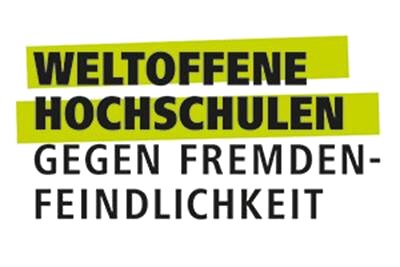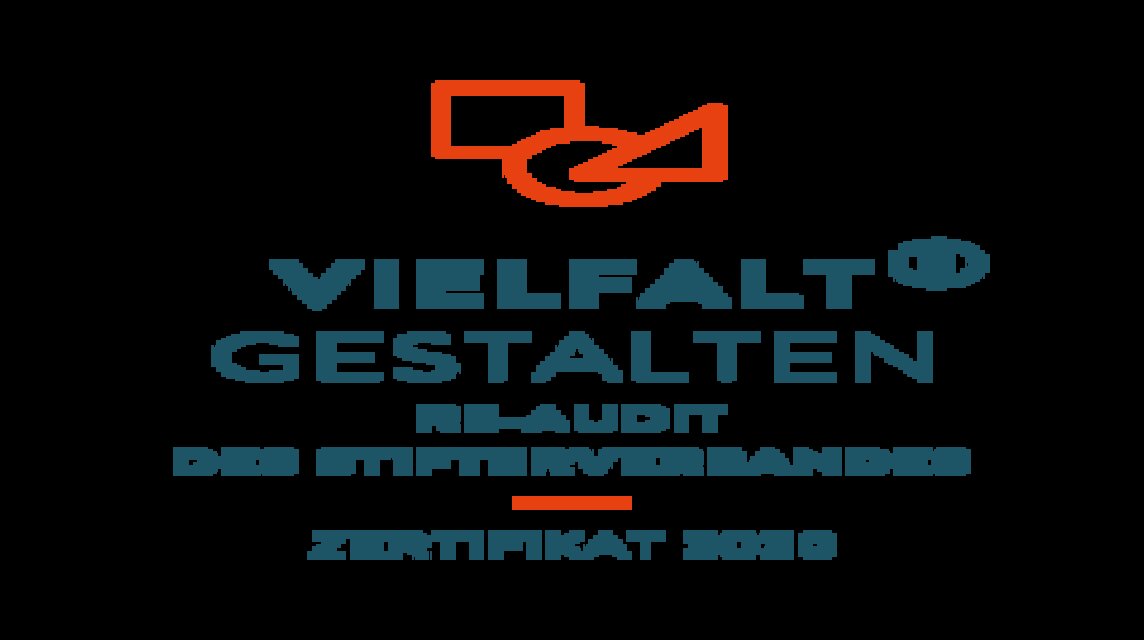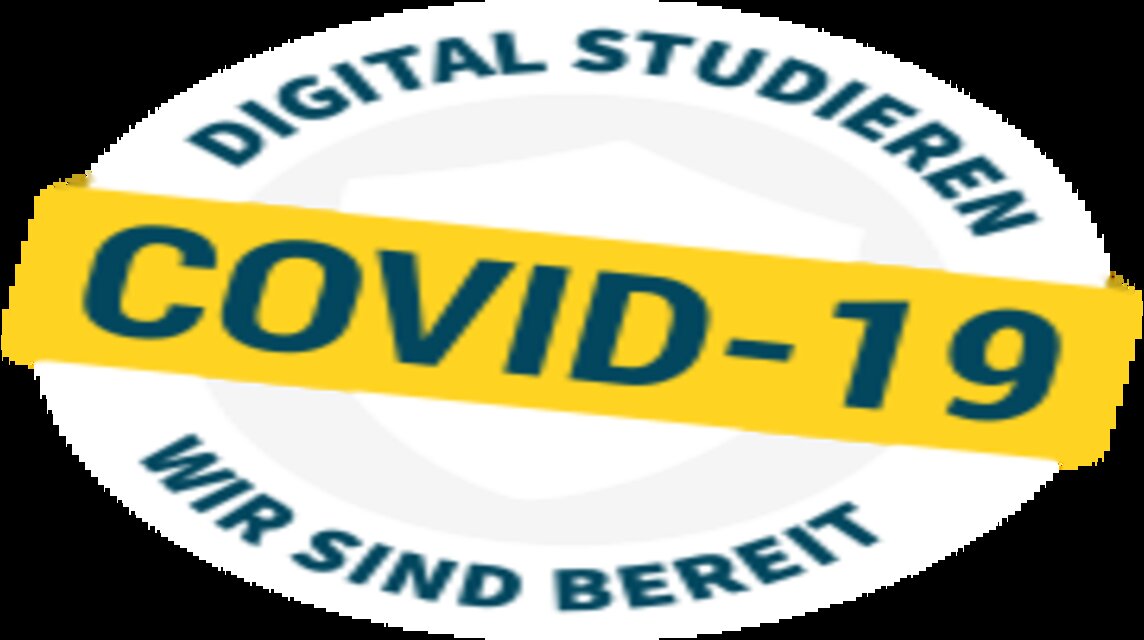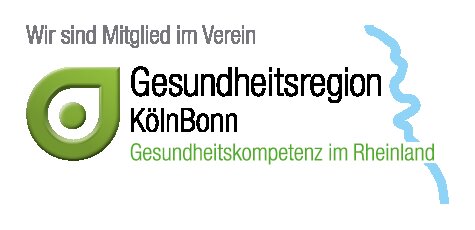Medical Technology:
Study Medical Technology: engineering and medical progress
The Medical Technology programme offers excellent career prospects. Medical technology has been one of the most innovative growth industries for many years. The demand for medical technology products is high, both in the treatment of diseases and in preventive health care. What technologies are behind medical devices and what do terms such as measurement and sensor technology or control technology have to do with this? The Medical Technology programme is perfect for anyone who is passionate about engineering and science and interested in their applications in the field of medicine. Graduates of the Medical Technology programme work in health, rehabilitation, prevention and therapy – all highly relevant fields for society.
Medical Technology – technology for a long and healthy life
The human body is complex. In order to support it, care for it and examine it in the best possible way, it requires technological assistance. The multisensory monitoring of body functions or robotics as an assistance system during surgeries are just two examples, with ECG, EEG, and EMG allowing for the examination of heart, brain, and muscle activity. But medical imaging in the form of X-rays, ultrasound, CT or MRI are also part of everyday life in today's health care. The modern Medical Technology programme offers an in-depth look into the world of precision medicine and research in an aging society.
Thanks to the manageable number of students, there is a close cooperation between students, doctoral candidates and the professors at the RheinAhrCampus. This family-like environment on campus allows for intensive insights into research and personalised studies with excellent future prospects.
Content of the Medical Technology programme
Medical Technology is a technical programme belonging to the engineering studies. In the stage 1 studies, students learn the scientific, mathematical and technological basics. They then expand their skills in the fields of medicine and measurement technology. Topics such as the development of MRI and CT images or the operation of complex ventilators will be covered. Students also learn modern image processing methods for the detection of tumours, for example, and acquire skills in various forms of therapy such as radiation therapy. A special feature of the Medical Technology programme is the practical work in the laboratories. Many students already work on research projects during their studies, establishing contacts with companies and cooperation partners at an early stage.
Mathematics and physics play a major role in the Medical Technology programme. It is therefore important that students enjoy and exhibit an interest in these subjects, but an advanced course is not required.
| studies facts | |
|---|---|
| Degree | Bachelor of Science |
| Duration | 6 Semesters |
| Begin | SS/WS |
| Organization | Academic Studies |
| Postgraduate master's degree | |
![[Translate to English:] Studium Medizintechnik [Translate to English:] Studentin und Student im CT-Labor](https://www-prod.hs-koblenz.de/fileadmin/media/_processed_/9/3/csm_6j3f1787_b10a807955.jpg)











